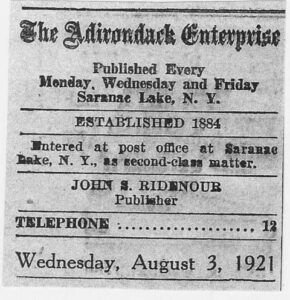Terms and conditions of marital bliss
A family wedding prompted the following conversation with a member of Gen Z.
“If I ever get married, I’m definitely having a prenup,” she announced.
“Really?” I responded, being very careful to sound like I was inviting a conversation, not judging her opinion.
“With 53% percent of all marriages ending in divorce, you should make these decisions while you still like each other,” was her rationale.
Not a very romantic thought, but she does have a point. The current average age of marriage is close to 30 years old. That’s older than when Bill and I married — back then, the average age was around 26. Those extra years probably do make a difference in wealth accumulation. As such, it makes sense that prenuptial agreements are more common.
For Bill and me, there was no need for a prenup — we had nothing. We were poor but didn’t realize it. We had two used vehicles, a small amount of student debt and hand-me-down furniture. Our most prized possession was the Radio Shack boombox that played both cassette tapes and CDs.
Of course, prenuptial agreements can cover nonfinancial areas, but I foresee two problems. First, you don’t know what boundaries to establish until you’ve lived them. Second, if a contract is created, you must honor it.
For example, in the early years of parenthood, Bill and I made one concrete agreement: if the children woke up in the middle of the night, I was on duty. This made sense; waking Bill is best described as “rise and flail.” He startles, yells and then is grumpy — honestly, kind of scary. So, I took night duty. Decades later, the same agreement has morphed to include dog care.
Take last week. We are both awake at 5:30 a.m., sitting in the sunroom, wrapped in fleece throws, sipping coffee. Nothing is more peaceful than hugging a warm mug in silence, letting the caffeine slowly creep into your soul.
Enter the dog. After a prolonged stretch, Bailey looks at us and barks. There is no question that she needs a walk. The question is which of us will rise from our cozy cocoons.
“Well, are you going to take the dog out?” Bill’s voice emerges from across the dark room.
“We’re up. You’re on duty,” I counter. “It’s daytime.”
“Hey Google,” he activates the smart speaker. “What time is sunrise?”
“Sunrise today will be at 7:15 a.m.”
“See, it’s still technically night. You’re on dog duty.”
He ignores my sigh.
“Make sure you take a flashlight. And do you think you could refill my coffee cup before you head out?”
Yes, in case you’re wondering, Bill is still alive. But this illustrates why I am leery of a formal contract. When I agreed to become the night guardian, I didn’t realize it was a never-ending job assignment.
But, after all this time, if we were to create a post-nuptial agreement or A Mutual Annoyance Mitigation Plan, we’d at least know what peeves to address. Our document might include these:
Clause 1: The husband shall agree that non-sports programming will be allowed a minimum of three nights a week. Additionally, in the event of snoring emanating from the recliner, the wife has the option of changing the television channel even if he wakes and declares, “Hey, I was watching that!”
Clause 2: The wife hereby agrees to answer a question with a simple yes, no, or relevant fact. She will not diverge into a story, an aside, or a rambling description of her thought process. She will not, in the words of Arlo Guthrie,” proceed to tell him the story … with full orchestration and five-part harmony and stuff like that.”
This would bring us back to the second problem. We’d have to honor the contract. And really, do either of us want to change? No. Besides, if we had absolute marital harmony, what would we have to laugh about?



